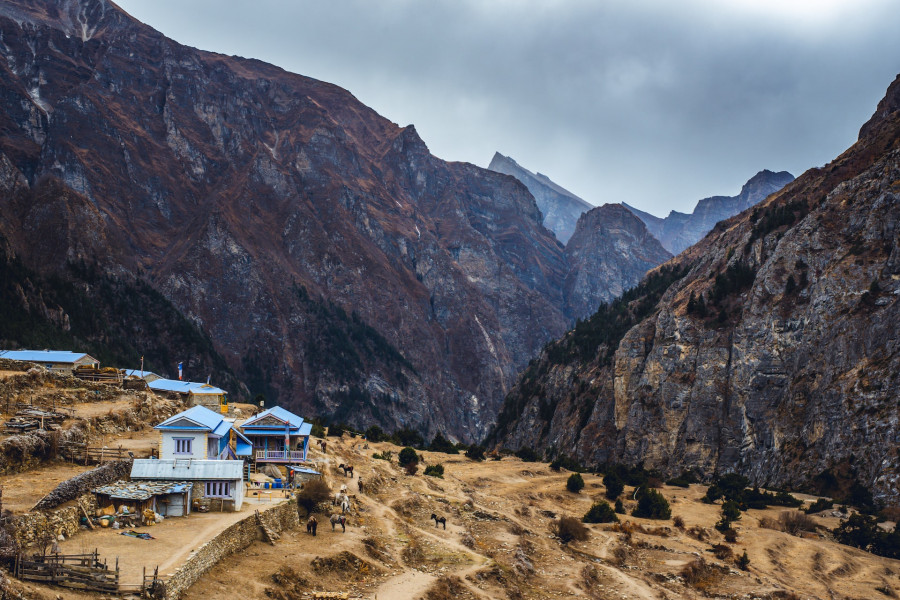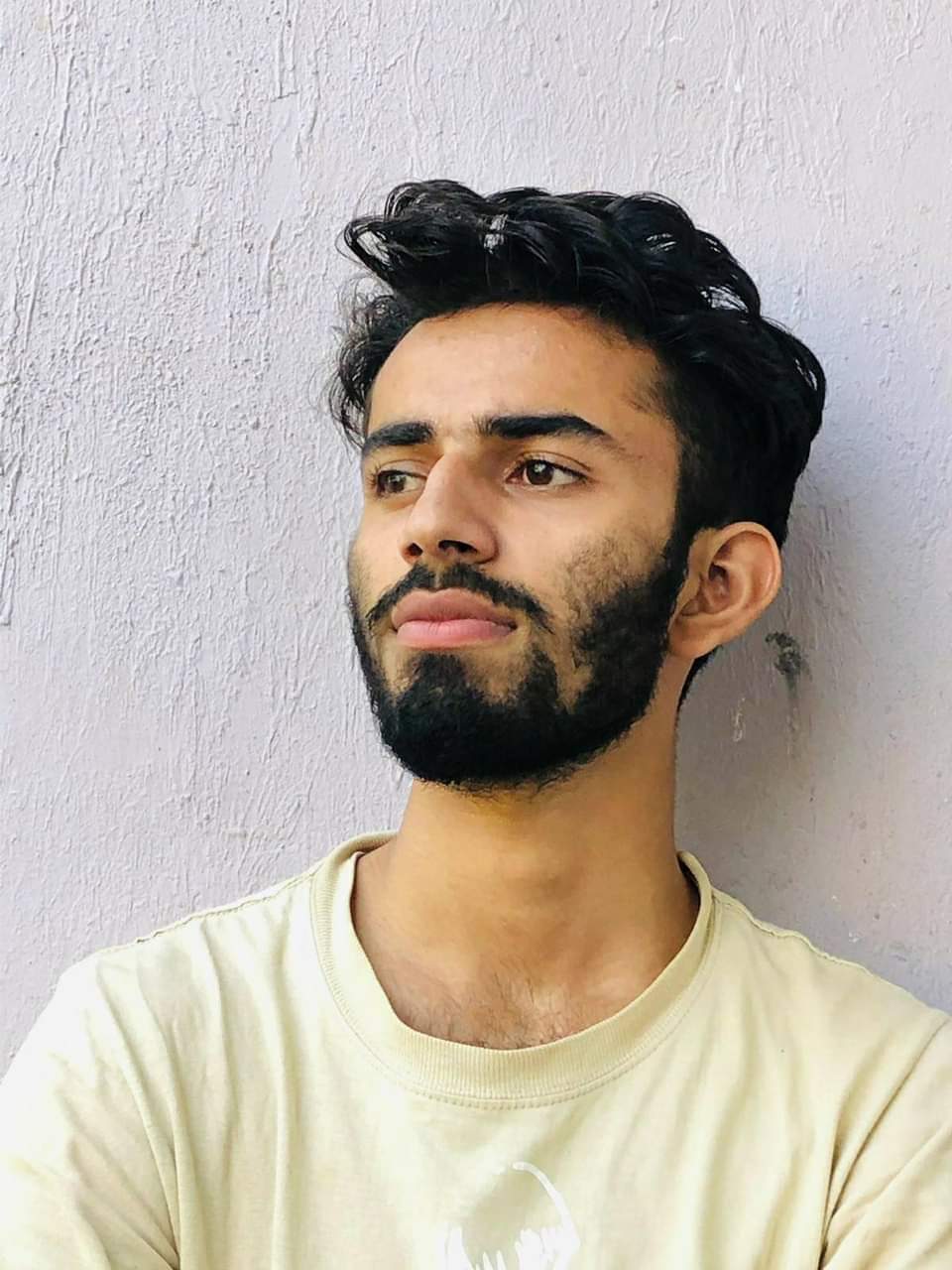Fiction Park
Life in the village
As much as Rajkumar loved his village, he knew that staying there was no longer an option.
Sugam Gautam
“You must have earned enough money. Now you needn’t go to Dubai anymore. What are you planning for the future?” Buddhi said as he glanced at Rajkumar. Rajkumar didn’t find it necessary to answer Buddhi’s question, so he stood up and walked away.
Rajkumar had gone to drink tea in the village’s only tea shop, which served as a meeting place for the villagers. In the mornings, older adults from the village gathered at the tea shop and talked about politics, even though they did not know much about it. Between sips of tea, they would forecast the prime minister’s next move. Some would argue that monarchy was far better than democracy. The political gossip would last until the grown-ups were called home for lunch.
As the old folks left the tea shop, groups of young people would come and occupy the front yard, where some played carom board while others smoked cigarettes.
It had been a month since Rajkumar arrived in his village from Dubai, and he had not seen any significant changes. Dubai was worlds apart from his village, which neither had a school nor a hospital. The village’s children walked more than 10 km daily to attend school. The last time Rajkumar returned to his village from Dubai was five years ago. It was the election period, and preparations were in full swing, with political parties and leaders campaigning aggressively across the village.
Rajkumar clearly remembered some of the promises made by politicians; they included building a school and a hospital and giving the villagers access to clean drinking water. Five years later, Rajkumar could clearly see that the politicians had kept none of the promises. He mulled over the village’s sad condition as he walked along the dusty road.
Just below the road, he saw women standing in a queue to fill their water pots. He paused, craned his neck, and observed the water tap. The water was trickling off the tap, and it was clear to him that it would take half an hour to fill a single pot.
The women, however, were not worried about water and seemed busy with their gossip. Rajkumar looked for his wife in the group of women, but he couldn’t locate her. He would have easily spotted his wife, who always decorated her lashes with kajal. Rajkumar was startled when he saw a young girl of around 10 in the queue. She was sandwiched between two large women. Rajkumar hated how a young girl had to wait like that. If he had his way, he would have let the young girl jump the queue.
“The women in this village are so rude,” he muttered under his breath and trudged ahead. He remembered the parties had promised to set up a water tap in every house. He couldn’t help but curse the political parties and people associated with them.
As he reached a section where the dusty road diverged into two different paths, he took the one that led to the playground. All the memories from his childhood came rushing back as he stepped onto the dusty playground where kids were running around. When he was a kid, he used to run on this ground without any particular purpose. Recalling his childhood days brought a wide smile to Rajkumar’s face.
Now, as he stood on the edge of the playground, he found himself comparing this miniature ground with a cricket stadium he had visited in Dubai. He wondered how many years it would take to have a proper playground in the village. As far as he remembered, developing a proper had never been on anyone’s agenda. The villagers were more bothered by the village’s other problems–the lack of school and drinking water.
Although Rajkumar had been brought up in this village, he felt a sense of unease as he started thinking about all the challenges his fellow villagers faced. Years of staying in Dubai had made Rajkumar more aware of the hurdles and struggles his fellow villagers faced. Life in Dubai was not easy either, especially when you’re not technically skilled. In Dubai, Rajkumar worked as a security guard, a job that didn’t require a good educational qualification. He would stand by the door and monitor the people coming in and out of the office he worked at. He didn’t make much money, but it was enough to cover his family’s needs back in Nepal. Once every three months, he would send some money to his wife and daughter in the village. Every time Rajkumar sent money home, his wife would buy a pair of new clothes for their daughter.
Rajkumar’s family was not among the richest in the village, but they were content. He knew the most important element in a human’s life was happiness, and he had not left any stone unturned to give his family the happiness they deserved. At times, he felt worried that despite his best efforts, he couldn’t build a house in the city, where there would be no scarcity of things. It would take him some more years to reach a position where he would be able to build a house in any city he liked.
But if his village had access to a motorable road, a hospital, a school, and drinking water, he would have preferred to live in his village forever. On his previous visit to Nepal, Rajkumar seriously thought of settling in the village no matter how much money he earned. He’d believed that it was just a matter of time and that his village would transform for real. He now realised that he was a fool to have thought that the politicians would fulfil their promises. He now knew that he would have to move to the city for the sake of his daughter’s future. But to be able to do that, he needed more money, which meant spending a few more years working in Dubai and living far from the family he held so dear.




 9.83°C Kathmandu
9.83°C Kathmandu










